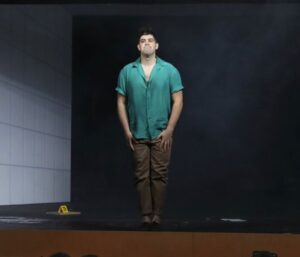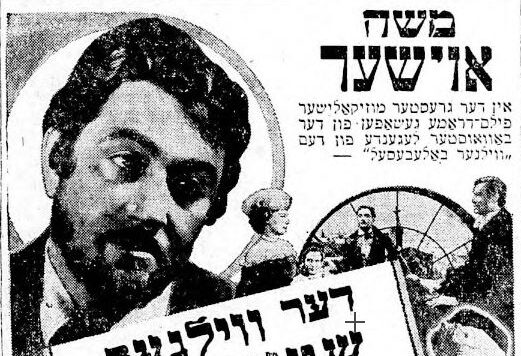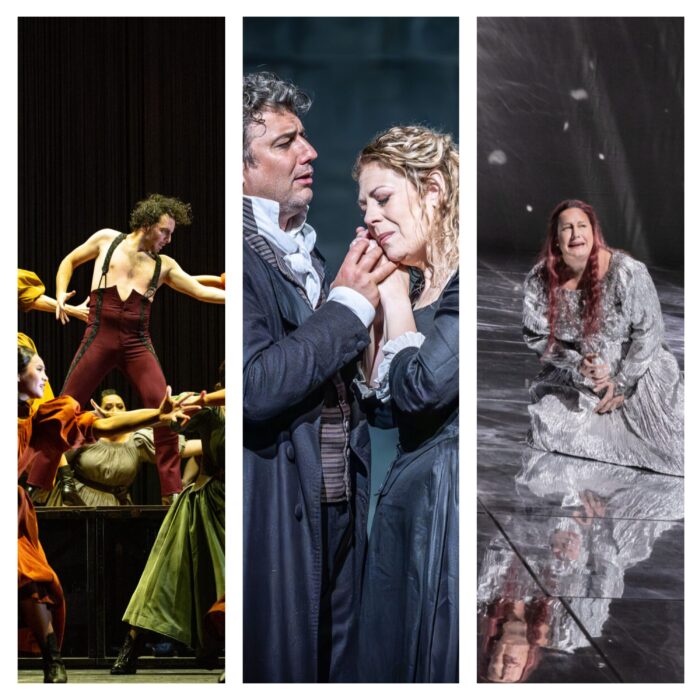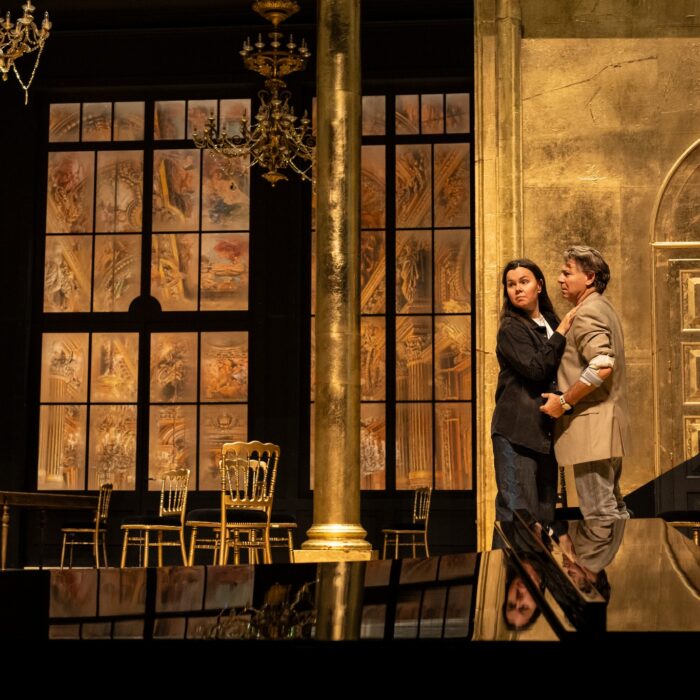
Artist of the Week: Andrew Morstein
American Tenor Opens New Production of Mascagni’s Rarely Performed Work
By Francisco SalazarThis week the Wexford Festival Opera is set to open a production of Mascagni’s “Le Maschere,” which has long been rarely performed since it premiered. The opera will showcase a young cast of rising stars, including tenor Andrew Morstein who will sing Florindo.
Winner of the “Best Male Newcomer” at the Österreichischer MusikTheater Preis Awards in Vienna, Morstein is a graduate of the Junges Ensemble Theater with the Theater an der Wien and has performed with the Pensacola Opera, Odyssey Opera, Opera Neo, and Chicago Opera Theater. OperaWire spoke to Morestein in anticipation of his role debut in Wexford.
OperaWire: What excites you about performing at the Wexford Festival?
Andrew Morstein: This is my second consecutive season in Wexford, so I am confident in saying that I am most excited for these crowds. This is such a warm and enthusiastic opera community, and I can’t wait to bring this rare piece to life with an incredible set of colleagues both on and off stage.
OW: Mascagni is known for Cavalleria Rusticana. What have you discovered from this work “Le Maschere?”
AM: “Le Maschere” is Mascagni’s homage to Rossini and bel canto, so there are a lot of beautifully florid passages one may not hear in his other work, and yet the sweeping and emotional depth of the score is massive and all-encompassing. Bel canto singing is my artistic home; as someone who performs Rossini on a regular basis, I find the challenge of singing this virtuosic music particularly gratifying. It forces me to constantly work on the fundamentals of singing. This piece by Mascagni is similar in preparation to Almaviva in “Il Barbiere di Siviglia” a role I’ve performed several times. I’m incredibly excited to have this rare role in my repertoire list.
OW: What are the major challenges of this work? What have you learned from singing this work?
AM: I’d say the major challenge of this work is the same as producing any other rarely-performed piece in the sense that we have so few references from which to study and compare. There is also context from early 20th-century Italy that we are contextualizing in a modern setting, which is always a fun experiment.
Last season at the Wexford Festival, I performed another incredibly rare work in “L’aube Rouge,” which was a nominee for best revival for the International Opera Awards. To bring a role to life that has rarely seen the stage in the modern era (if at all) showed me how important it is to have something to say about the music since audiences will not have any other comparison. There are high stakes in the sense that we get one opportunity to show people the beauty of an unearthed score. To have the responsibility of persuading audiences that yes, this work belongs in our canon, is not something I take lightly.
OW: What are excited for audiences to discover?
AM: I am most excited for audiences to discover this cast. This is a wonderful team across the board, and audiences will be really thrilled by the voices and the orchestra alike. We have an incredible Italian conductor in Francesco Ciluffo, who has become a dear friend and trusted colleague. He understands the nuance and flexibility we need as singers and for the players in the pit to really make this music effervescent and poignant.
Our direction team led by Stefano Ricci has made some really fun choices to showcase this surprising gem of a piece. There are unexpected turns at every end.
Of course, none of this would be possible without the vision of the Director of the Wexford Festival – Rosetta Cucchi. She has single-handedly brought these pieces to the fore for us to play with and showcase. This will be an exciting season! Theatre within Theatre! Nothing not to love about seeing actors play, well, actors!
And for those not in Wexford, Morestein is set to perform in “L’Italiana in Algeri” at the Anchorage Opera.
Recordings
For audiences interested in discovering more about Morstein, here is a look at him singing “Questa o quella” from “Rigoletto” and “Spoletta’s monologue from “Tosca.”


